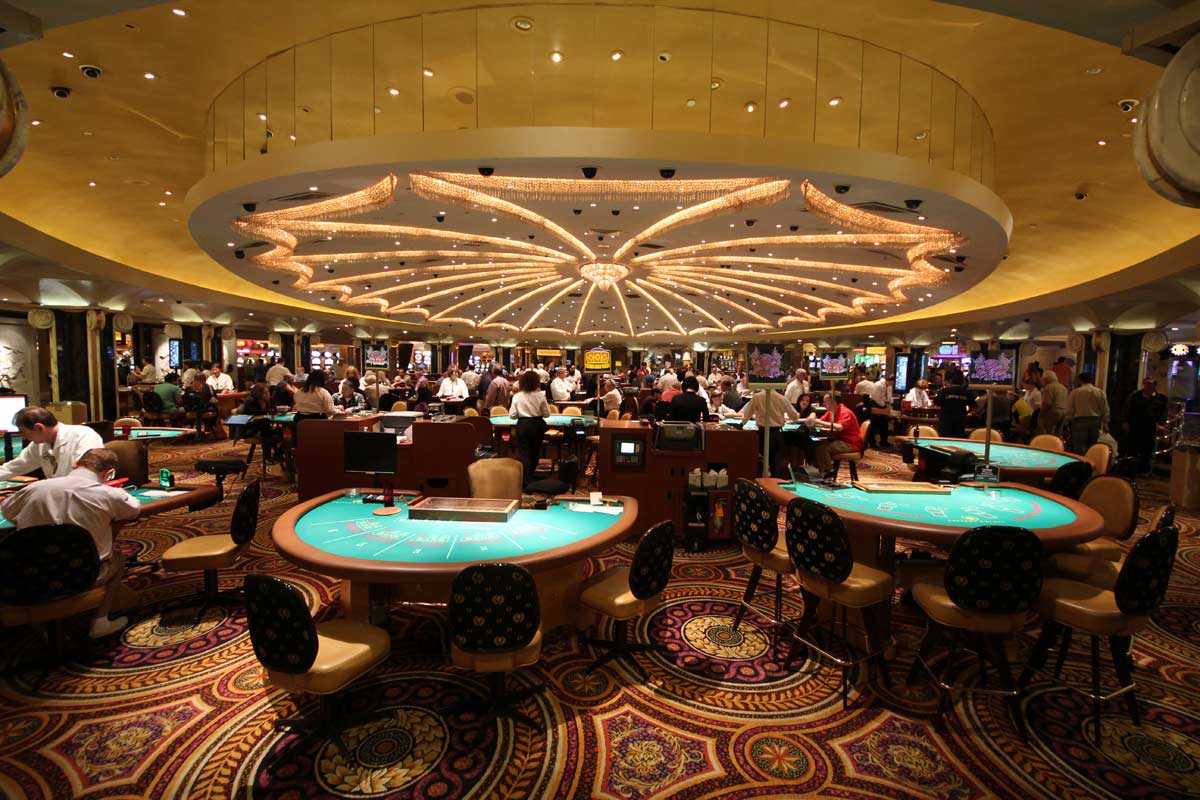
In the world of gambling, in which chance and strategy meet, a unique tapestry of beliefs unfolds—one that braids luck, fate, and the enigmatic nature of casino games. Casinos, bustling with excitement and anticipation, are not just places for placing bets; they are also arenas where superstitions thrive. Ranging from the novice player to the seasoned gambler, these mysterious practices often shape how individuals approach the games they play, holding the belief that their actions can affect the outcome in ways that go beyond mere probability. https://79king.training/
As players gather around roulette wheels, blackjack tables, and slot machines, the atmosphere is thick with stories of lucky charms, rituals, and codified behavior that defy logic yet provide a sense of comfort. Whether it’s wearing a specific outfit, following a particular sequence of bets, or even avoiding certain numbers, the attachment to various superstitions reflects a deep-rooted desire to control the uncontrollable. This article delves into the captivating world of casino game superstitions, exploring the beliefs that both entertain and mystify those who dare to play.
Historical Beginnings of Superstitions
Betting games have long been interwoven with an variety of superstitions that go back to ancient civilizations. The roots of these notions can be linked to humanity’s innate need to control the random outcomes associated with chance and chance. In primitive civilizations, activities of uncertainty were often connected to ritualistic practices. Players would call upon aid or seek favor from deities, believing that their actions could affect the outcomes in their advantage. This groundwork laid the foundation for the multitude of superstitions that proliferated as betting evolved over time.
During the Middle Ages, betting became a popular hobby across Europe, and with it, a rich tapestry of superstitions appeared. Players adopted numerous rituals and charms, believing they could change the outcome of games. The importance of digits, in particular, emerged to appear in superstitions related to card games and dice. The number 7 was often considered lucky, while other numbers carried negative connotations. These notions mirrored the social contexts of the time, evolving as they transferred through generations and adapted to different gaming environments.
As gambling houses developed in the seventeenth century, particularly in Italy and the French nation, the atmosphere surrounding betting became imbued in enigma. The growing accessibility of casino activities allowed for the spread and growth of superstitions among players. Concepts like charmed charms, special seating arrangements, and rituals gained prominence, creating a distinct culture within gambling establishments. As these traditions continued to thrive, they became integral to the essence of casino activities, illustrating how the past and tradition shape the notions that influence how participants interact with fortune.
Popular Casino Myths
Beliefs surrounding casino games are abundant and diverse, mirroring the hopes and anxieties of gamblers as they participate in random games. One of the most common views is that certain numbers bring fortune or bad luck. For example, the digit 7 is often seen as a lucky number, frequently embraced by players looking for a favorable outcome. Conversely, the digit 13 is routinely considered cursed, leading many gamblers to steer clear of it during their gaming periods.
A common superstition relates to practices that gamblers believe can affect their odds. It could be blowing on dice before a throw, using a specific hand to place a wager, or even wearing specific items of attire, many individuals feel that these rituals can tilt luck in their favor. These rituals offer a sense of power in an otherwise random environment, reinforcing the idea that fortune can be manufactured through personal beliefs and habits.
Lastly, the ambiance and atmosphere of the casino itself adds to myths. Many gamblers suggest that the presence of specific icons, such as four-leaf clovers or lucky tokens, can enhance their odds of success. Additionally, gamblers might hold to the notion that winning streaks can be interrupted by mundane occurrences, such as someone passing by or a spill at the table. The collective environment in a gambling house can amplify these superstitions, creating a shared culture of superstitions that transcends individual encounters.
Impact of Superstitions on Players
Beliefs play a crucial role in the psychology of gamblers, often influencing their actions and choices. Numerous gamblers believe that luck can be influenced through different rituals, such as wearing a lucky charm, choosing particular hues, or avoiding certain numbers. This dependence on superstitions can create a feeling of control in an environment that is inherently unpredictable. 79KING COM Players often feel more self-assured and engaged when they think that their actions could sway the outcome of a game in their advantage.
The influence of these superstitions extends beyond individual players, affecting the general atmosphere inside the casino. For instance, a player who believes in the luck of a certain slot machine might attract a gathering, as onlookers are fascinated by their apparent success. This collective belief can amplify excitement and create a lively environment, leading to an engaging experience even for those who may not necessarily be believers themselves. The excitement around certain games can lead to higher participation and extended playing sessions, supporting the casino’s lively social scene.
In some cases, superstitions can lead to negative effects for players. Depending too heavily on rituals can result in poor gambling decisions, as some may ignore basic strategies in favor of unfounded beliefs. Additionally, the pressure to perform rituals may increase anxiety and stress levels, detracting from the pleasure of the experience. Ultimately, while superstitions can enhance the thrill of playing casino games, they can also lead to foolish choices that overshadow the fun and amusement intended in the casino experience.